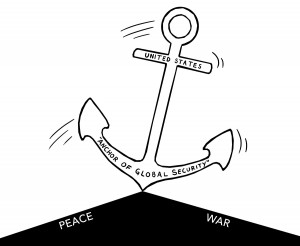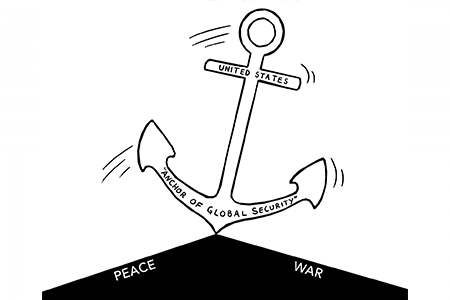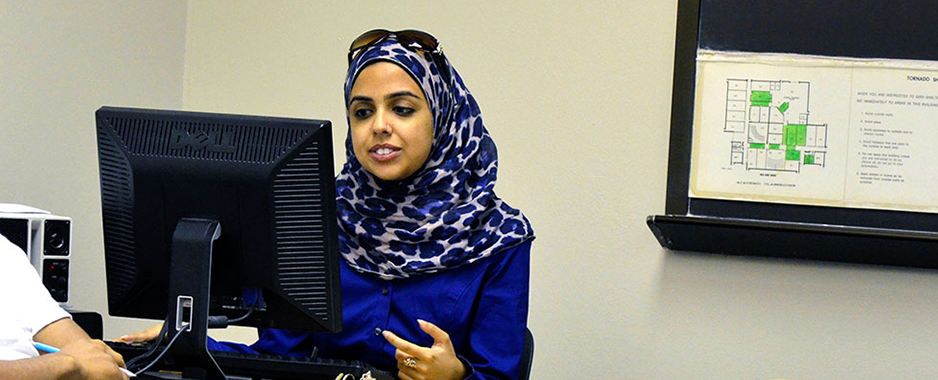
A deal that forces Syria to give up its chemical weapons may have prevented the U.S. from a decision it had no business making — attacking Syria.
Only days before, Congress was debating whether to authorize force against Syria. Even though the deal puts that debate on hold, that’s only if Syria follows through on surrendering its weapons. If it doesn’t, we’re back to square one.
Obama defines the United States as “an anchor of global security.” The country’s stance on civil rights and individual freedoms makes it a dream for those seeking asylum from oppressive countries. Social and cultural problems here are miniscule compared to other countries.
It’s understood by the majority of Americans that releasing chemical weapons might be a reason to scoff at, invade, incinerate or even bomb Syria. Senators and citizens who disagree with sending troops to this dangerous place can recognize the good intentions, but their calculations say fighting fire with fire isn’t the smartest way to solve this problem.
But this does not permit the U.S. government to do what it may with other countries. “World police” title or not, this was not a situation for the U.S. to meddle with. Most senators who indicated they would have voted against the resolution to authorize force said that the plan the president described was “squishy” and unclear. They didn’t want to spend the money and the lives of troops on a lost cause.
It would make more sense to jump into another potential war if they had specifics.
The U.S. government can see that Syria is wartorn, but bringing a third party to help end a civil war is counterproductive. To get support from the people, not just for the troops but also for the cause, the government needs a much more convincing plan.
And America has never experienced the ongoing turmoil that marks the face of many countries in the Middle East. The chances of reform or change by the fault of Americans are slim. Evoking change in society takes influence, and influence needs relatability.
There have been many other conflicts just as severe if not worse, where the U.S had no involvement, except to supply the weapons. To say it is the world police’s job to put an end to the terror is to respectively ignore tragedies of oppression in places like Sudan, Somalia and parts of Indonesia.
Chemical weapons are dangerous, but it’s no secret that Syria and other Middle Eastern countries have used nerve gas before. The problems in Syria have changed recently but only slightly — and if what happened before was not enough to warrant an invasion, a conflict or potentially a war, then it isn’t now.
The U.S. needs to understand its own intentions and be honest about them. The last thing the U.S. needs is a conflict in the Middle East that lasts longer than necessary. Picking a side in the civil war in Syria, supplying them with weapons and offering military force will only cause more chaos.


























